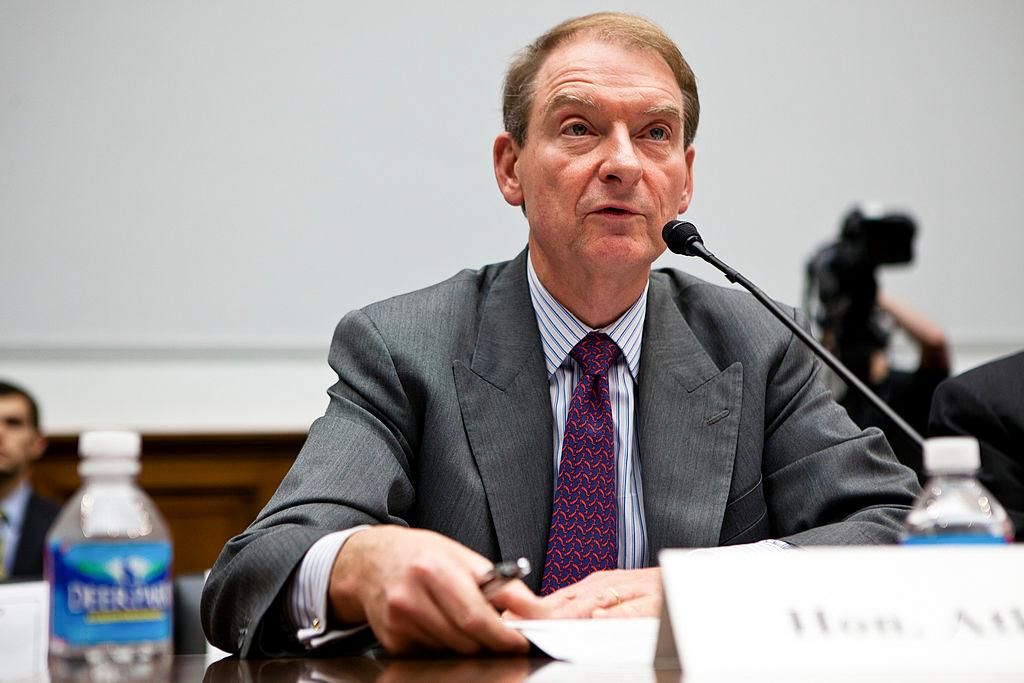President-elect Donald Trump has nominated Paul Atkins to chair the Securities and Exchange Commission (SEC), with the former SEC commissioner and finance veteran expected to take a crypto-friendly stance and push for fewer regulations under the Trump administration.
Trump made the announcement in a Dec. 4 post on Truth Social, in which he singled out Atkins’s past advocacy for lower regulatory burdens and greater financial innovation.





